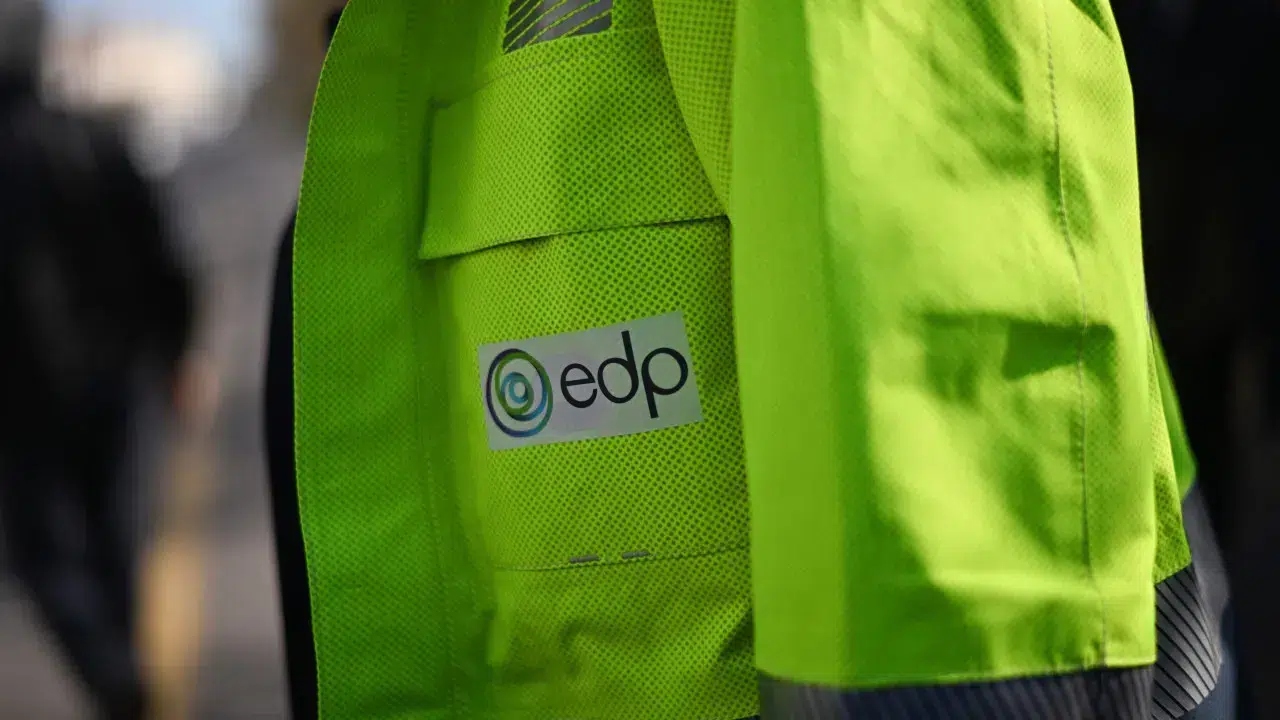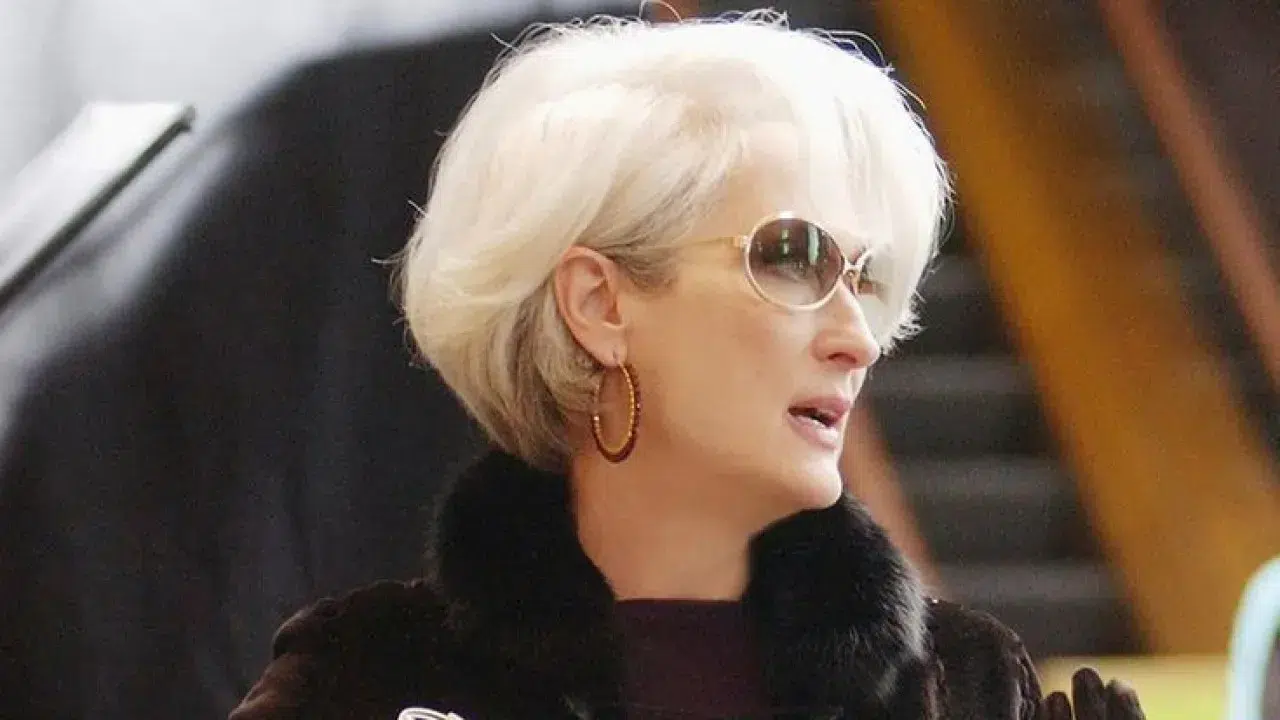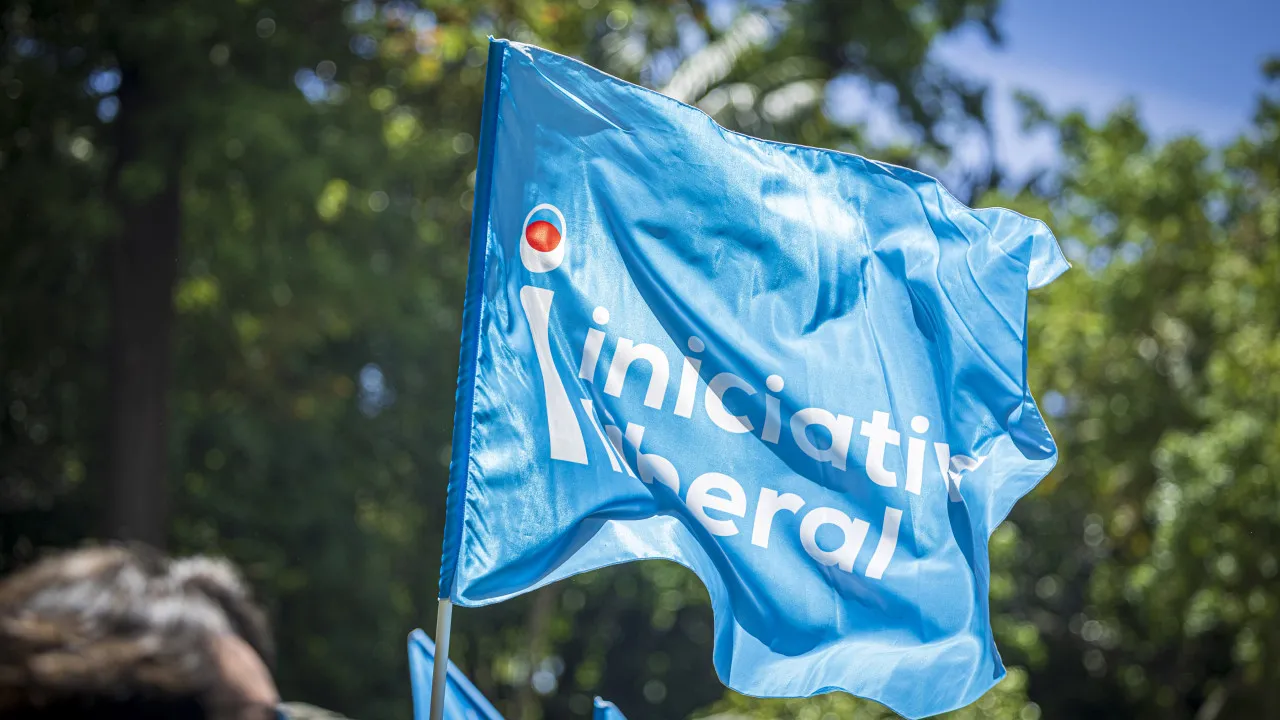The Network for Human Rights of Children and Adolescents (REDHNNA) launched an appeal to the Portuguese community in Venezuela and Portugal to have a greater understanding of the situation of migrants from Venezuela.
The network also called for greater cooperation from the Government of Portugal to ensure that they are given attention and that their human rights are not violated.
“One has to understand the problems of Venezuelans. Only recently has the issue of migration been understood, when Venezuelans knocked on the doors of other countries,” the secretary general of REDHNNA told Lusa news agency.
Carlos Trapani explained that “historically, Venezuela has had a tradition of welcoming migrants,” recalling that there is “one of the most important Portuguese communities” in the country.
“To the extent, that Venezuela has opened its doors to Portuguese, Italians and Spaniards, one has to understand the current context, why a father and mother leave everything to cross the sea, to have options to cover their basic needs and those of their families,” he said.
According to Carlos Trapani, “understanding this reality is a way to support, give visibility and accompaniment to the problems of Venezuela.
“That the Portuguese government takes a stand against actions that violate the human rights of Venezuelans, is a way of cooperation (…) maintaining the ties that bind us historically from a cultural, political and economic point of view, is a very valuable way to continue this relationship, which is historical,” he said.
According to Carlos Trapani “it is important to understand that the problems that affect Venezuelans are today exactly the same, and in some cases, aggravated.
“Childhood lasts a very short time, but the harmful effects last a lifetime. What we do from civil society, from the state, from the business sphere impacts the lives of children. We can save a life project and strengthen democracy,” he said.
On the other hand, he explained that when people talk about emergencies, they think they are always caused by natural disasters, cyclones, hurricanes, earthquakes, but there are other types of emergencies, “caused by human action, by human rights violations.”
According to the official, in the last five years REDHNNA has denounced “the context of crisis in the country in terms of access to basic and public services, the impact of inflation, and the loss of purchasing power of wages, factors that have generated a context of emergency.
“The crisis in Venezuela is humanitarian and complex (…) it comes from political decisions, from a rupture in the rule of law that produces dissatisfaction of the basic needs of the population and leads to mass violations of human rights. It is comprehensive because it touches all dimensions of people’s lives. It changes the way we eat, work routines, possibilities for rest and recreation, and even the family structure,” he explained.
Carlos Trapani also said that more than 7 million Venezuelans have emigrated, making it “one of the most important migrations in Latin America.
“Venezuela had a significant drop in GDP in the last ten years and now has a slight recovery, which is different in the face of a drop that has lasted over time. There may be sectors of the economy with some dynamism and improvement, but this does not solve the country’s structural problems, linked to poverty, inequality, the lack of public services, such as water, transportation, domestic gas and electricity,” he said.
On the other hand, he warned that outside Caracas “the difficulties are even more marked: problems persist, inequality, lack of opportunities, which compromises the development and life of children,” registering “pictures of acute and severe malnutrition, loss of height, weight, and compromised nutrition.
“A hungry child doesn’t develop, doesn’t advance in school, and their social skills are compromised. It is a reality that is very marked in Venezuela,” he said.
According to the head of the network, “the minimum wage is below the poverty line, and that leads to effects like migration, an increase in sexual violence, in terms of exploitation through hunger, how children are used by organized violence networks.”
Carlos Trapani also mentioned that local legislation “enshrines important rights and a route to protection”, but the problem has been to enforce the law, lamenting that there is no up-to-date official data, which makes it difficult to identify the magnitude of the problems affecting children.




